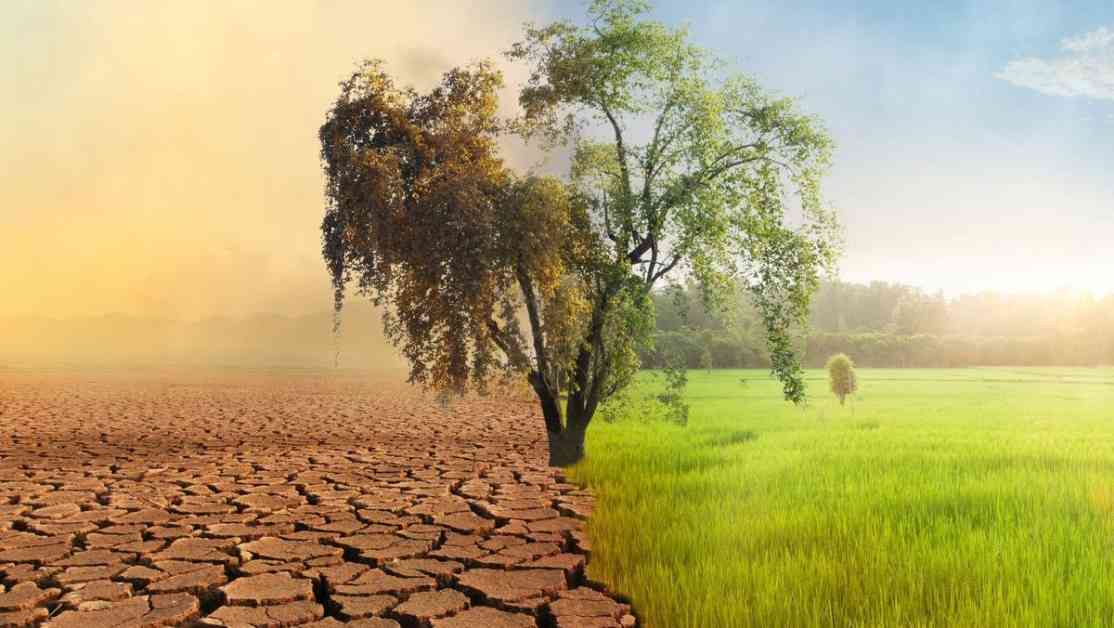Climate change is posing a significant threat to global food security, with the agricultural sector facing challenges like droughts, floods, and unpredictable weather patterns. These shifts not only affect crop yields but also exacerbate food insecurity, particularly in developing nations. To combat this, sustainable agricultural practices are being advocated for, with a focus on reducing greenhouse gas emissions and promoting regenerative agriculture and plant-based diets.
Technology, such as precision agriculture tools utilizing data and analytics, is being increasingly utilized to optimize farming practices and mitigate the effects of climate change. However, the socio-economic impacts of these shifts cannot be overlooked, as marginalized communities often struggle to adapt due to limited resources and lack of access to technology. It is essential to invest in these communities and ensure equitable access to tools and resources for resilience.
Moreover, food waste is another critical issue affected by the climate crisis, with approximately one-third of all food produced globally going to waste. Reducing food waste could significantly decrease greenhouse gas emissions and conserve resources. Collaborative efforts internationally are needed to address these challenges, with a focus on cutting-edge farming techniques, sustainable land use, and policies aimed at reducing emissions throughout the food supply chain.
While finding solutions to these complex challenges will require time, patience, and significant investments, it is crucial to act swiftly to prevent irreversible damage. Young people, in particular, are calling for greater climate action, highlighting the urgency of the situation. By treating food systems as interconnected ecosystems and forging partnerships across borders, we can work towards ensuring food security and sustainability in the face of climate change.

